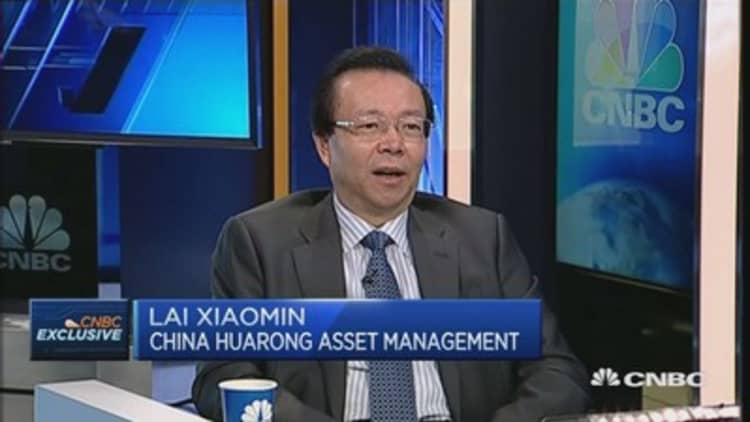China's domestic demand potential is as huge as ever, despite slowing growth and a difficult economic transformation process, Premier Li Keqiang said, according to a statement on the Chinese foreign ministry website on Saturday.
Li's comments were made on Friday in the eastern Chinese city of Hefei during a forum with German Chancellor Angela Merkel, the statement said.
"China is still one of the world's most attractive destinations for investment," Li said.

China's economy is on track to post its slowest growth in 25 years. However, official data shows monthly retail sales this year have continuously increased by over 10 percent, and sectors like entertainment are expanding at a rapid clip. Consumer spending accounted for 60 percent of China's economic growth in the first half of 2015.
Beijing's growth target is about 7 per cent but, speaking last weekend, Li had said that China had not set 7 percent growth figure in stone.
"We have never said that we should defend to the death any goal, but that the economy should operate within a reasonable range," the central government paraphrased Li as saying last Saturday.
Hefei trade talk
Also at the German-Sino business congress in Hefei on Friday, Merkel said that Germany favored giving China "market economy status" in principle - shift that would make it harder for the EU to protect local industry from Chinese competition - but said Beijing still had work to do.
The European Union and other members of the World Trade Organization (WTO) have to decide at the end of 2016 whether to grant China "market economy status" (MES).
The WTO recognised when Communist China joined the body in 2001 that local prices were not set by market forces, but expected that 15 years later Beijing would play less of a role in directing the economy.
During her two-day visit to China, Merkel said on Friday that the world's second biggest economy still had some work to do before it could be granted MES and the status would also be subject to checks by the European Commission.
"Germany supports, in general, China's claim to get the market economy status. At the same time China has to do some homework, for example in the area of public procurement," Merkel said. "But we want to advance the process," she added.
Merkel particularly called for better protection of the steel and solar industries against unfair international competition, .
Merkel said the steel sector needed "a certain amount of market protection" as steelmakers have pointed out that environmental regulations differ from country to country, impacting cost advantages.
"I also hope that we can extend the rules already in place in the solar sector," she added.
China makes nearly half the world's 1.6 billion tonnes of steel and experts estimate its mills have about 300 million tonnes worth of excess steelmaking capacity.
Li, speaking at the same event, also said Germany and China wanted to come to an agreement by 2016 to stop computer-based industrial espionage. Merkel had already said on Thursday that Germany wanted both sides to agree to abstain from industrial espionage.



